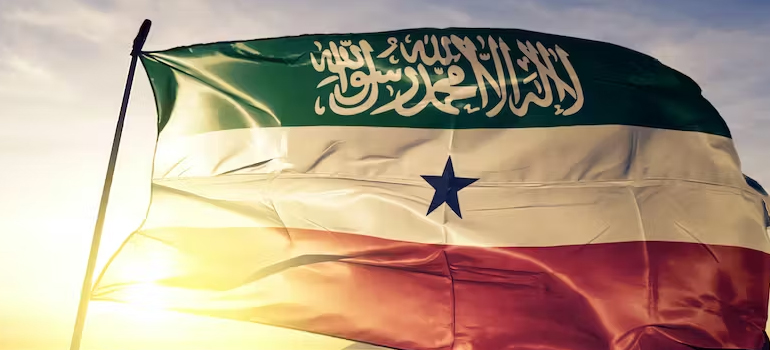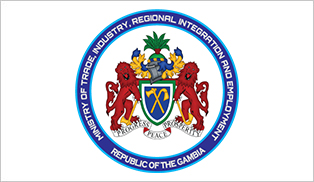
About Somaliland
Somaliland, officially the Republic of Somaliland, is an unrecognised sovereign state in the Horn of Africa, recognised internationally as de jure part of Somalia. It is located in the southern coast of the Gulf of Aden and bordered by Djibouti to the northwest, Ethiopia to the south and west, and Somalia to the east. Its claimed territory has an area of 176,120 square kilometres (68,000 sq mi),[18] with approximately 5.7 million residents as of 2021. The capital and largest city is Hargeisa. The government of Somaliland regards itself as the successor state to British Somaliland, which, as the briefly independent State of Somaliland, united from 1960 to 1991 with the Trust Territory of Somaliland (the former Italian Somaliland) to form the Somali Republic.
The area of Somaliland was inhabited around 10,000 years ago during the Neolithic age. The ancient shepherds raised cows and other livestock and created vibrant rock art paintings.[citation needed] Throughout the Middle Ages, Arab immigrants arrived in Somaliland, including the Muslim sheikhs Ishaaq bin Ahmed, who founded the Isaaq ethnic group, who travelled from Arabia to Somaliland and married into the local people. Also during the Middle Ages, Somali empires dominated the regional trade, including the Sultanate of Ifat and the Adal Sultanate. In the 18th century, the Isaaq Sultanate, a Somali successor state to the Adal Sultanate, was established by Sultan Guled Abdi at Toon. The sultanate spanned parts of the Horn of Africa and covered most of modern-day Somaliland. It had a robust economy and trade was significant at its main port of Berbera and the smaller port town of Bulhar, as well as eastwards at the frankincense-exporting port towns of Heis, Karin, and El-Darad. In the late 19th century, the United Kingdom signed agreements with the Habr Awal, Garhajis, Habr Je'lo, Warsangeli, Issa and Gadabuursi tribes establishing a protectorate. The Dervishes, led by Mohammed Abdullah Hassan, were against the protection agreements signed with Britain with the Somali sultans. After a span of 20 years, the Dervishes were finally defeated in one of the first aerial bombardments in Africa, during the 1920 Somaliland Campaign. A fringe minority clan, the Dhulbahante, who did not sign a treaty of protection with the British (due to the fact that the Italians considered part of the Dhulbahante as subjects of the Italian-protected Sultan of the Majeerteen clan) were the foremost proponents of the movement.
Read More


